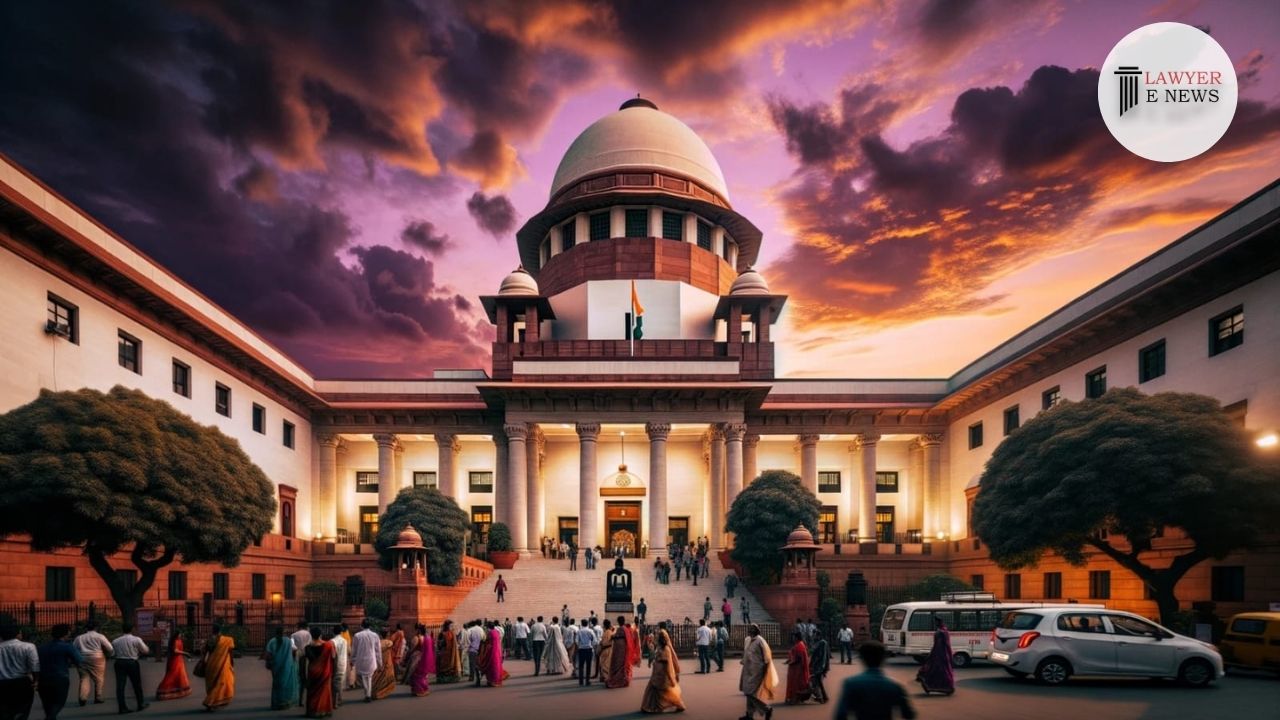-
by Admin
15 February 2026 5:35 AM



The Supreme Court of India, in the recent judgement of Harbhajan Singh v. State of Haryana, has clarified the legal position with regards to the conviction of a vehicle owner under Section 25 of the Narcotic Drugs and Psychotropic Substances Act, 1985 (“NDPS Act”) for the use of his vehicle in the commission of an offence. The Supreme Court held that for a vehicle owner to be convicted under Section 25 of the NDPS Act, it is necessary to prove that the vehicle was used for the commission of an offence with the knowledge and consent of the owner. In the absence of such proof, the owner cannot be held liable.
The case arose from an incident in 2000, wherein the truck owned by the appellant, Harbhajan Singh, turned turtle near a village in Haryana. The police, on suspicion that the bags loaded in the truck were containing some contraband substance, unloaded them and took them into custody. Samples were drawn and sent for testing, and it was found that the bags indeed contained contraband.
The appellant was subsequently convicted by the Trial Court under Section 25 of the NDPS Act for knowingly permitting the use of his truck for the commission of an offence, and was sentenced to undergo imprisonment for 10 years. The conviction was upheld by the High Court in appeal, and the matter was then taken to the Supreme Court.
The Supreme Court observed that for a vehicle owner to be convicted under Section 25 of the NDPS Act, it is necessary to prove that the vehicle was used for the commission of an offence with the knowledge and consent of the owner. In the absence of such proof, the owner cannot be held liable.
The Court further observed that the burden of proving the foundational facts to establish the commission of the offence with the knowledge and consent of the owner lies on the prosecution. Only after such burden is discharged, can the presumption as provided under Section 35 of the NDPS Act be raised against the accused.
In the present case, the prosecution had failed to produce any material on record to show that the vehicle in question was used for any illegal activity with the knowledge and consent of the appellant. The witnesses who had initially provided information about the driver and cleaner of the truck had turned hostile, and there was no evidence to support the prosecution's case.
The Court, therefore, held that the conviction of the appellant cannot be legally sustained, as the foundational facts to establish his liability had not been proved by the prosecution. The judgments passed by the Trial Court and the High Court were set aside, and the appellant was acquitted of all charges.
This judgement provides clarity on the legal position with regards to the conviction of a vehicle owner under Section 25 of the NDPS Act, and highlights the importance of discharging the initial burden of proving the foundational facts by the prosecution before raising a presumption against the accused under Section 35 of the NDPS Act.
Harbhajan Singh v. State of Haryana
